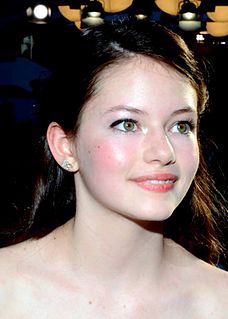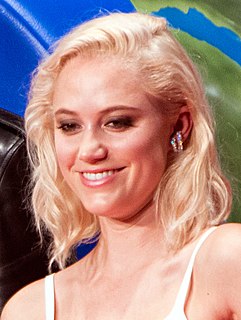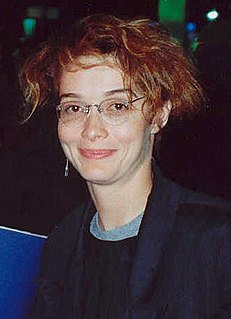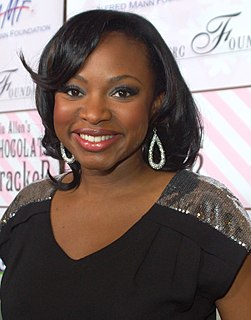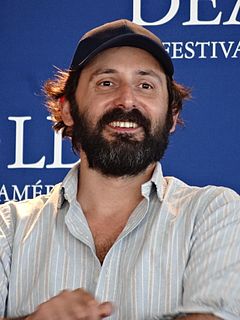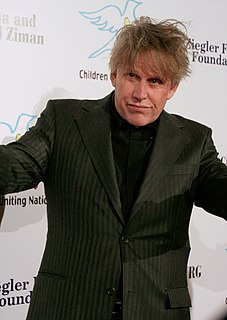A Quote by Mia Wasikowska
I always try and learn as much as I can from different departments on a film set.
Related Quotes
Every film you work on is different, and that's part of what it's like for anybody who works on a film, is to learn how to work with others. Learn from top to bottom. Actors have to learn how to work with the director and the director has to learn how to work with actors, and that's not just those two departments.
Your first film is always your best film, in a way. There's something about your first film that you never ever get back to, but you should always try. It's that slight sense of not knowing what you're doing, because the technical skills you learn - especially if you have a film that works, that has some kind of success - are beguiling. The temptation is to use them again, and they're not necessarily good storytelling techniques.
I try to find some sort of meditative hobby to do on set, and it's different for every film. There's a lot of downtime, but I don't like reading on set because it feels like you're taking yourself out of your world, instead of being present. And then, you feel like you're not ready to do whatever you have to do.
On the set, everybody is different, so you have to deal with different sensibilities. I don't have a method. Usually, I try to have a good connection with the actor that I'm filming. Even a guy who's there with two lines of dialogue, I always try to have a connection with the guy I'm filming, just to make it into a nice, enjoyable moment.
When you are on the set, you have different departments - you got camera, sound, props, hair, makeup, catering, executives. Imagine each one of those are spokes on the wagon wheel. All the spokes come into a hub: the hub is the director. The wood the spokes go into are distribution and promotion; the steel wheel around the hub is the film. None of these have anything in common with each other.







